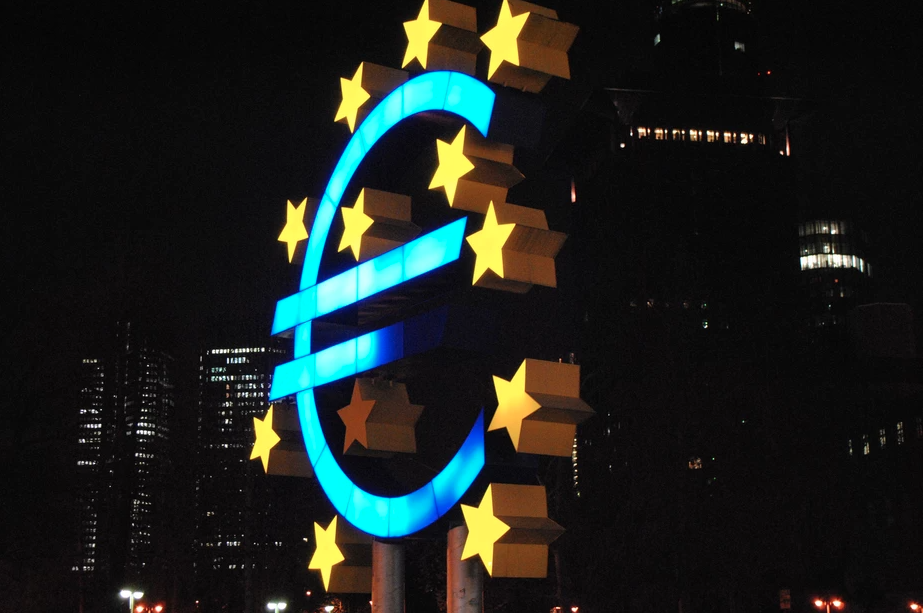
By Stanislaw Borawski, Head of the Economics Institute at King’s Global Markets and Economics Editor at The London Financial
Throughout the last couple of years the European Union’s unity has been questioned numerous times. The 2015 immigration crisis had put in question the cohesiveness of the political unit and their leaders capacity of handling emergencies of the sort. The following tide of ‘my nation first’ attitudes in Hungary, Poland, Austria or the Netherlands had aggravated the situation, but the biggest blow came from the British Isles when 52% British citizens voted to leave the club permanently. The string of unfortunate events sparked doubts in the validity of EU’s core ideas but most of all posed a fundamental question: How was the European Parliament going to respond?
With Victor Orban’s near-dictatorial leadership and Poland’s ruling party – Law and Justice – reform of judiciary that virtually undermines Montesquieu’s tripartite system and hence the democratic structure of the country, ‘no response’ seems to be the accurate description of EU’s reaction policy. Interestingly enough, Poland was receiving the largest amount of EU funds until this year despite glaring signs of Euroscepticism (77.6 billion euros between 2014-2020). Covid-19 crisis has not made things better. Italy’s and Spain’s, two most seriously hit member states, GDPs will contract by at least 13%. Euro zone GDP, according to the IMF, is supposed to contract by 10,2 % and, depending on how the second wave in Europe will be handled, notch a comeback of 6% in 2021 at best. Those are the ripple effects of a 2 month quarantine that had the aviation industry suspended along with the automotive, energy, oil and gas being severely hit. The contraction international tourism has experienced is by far the most tangible of them all. A good deal of businesses such as travel bureaus, restaurants, bars, shops with local products have still not reopened. In Italy alone the service sector accounts for 15% of all jobs with over 4 million people employed.
More than 4 months into the pandemic, 21st of July, European leaders agree on enacting a 750 billion euros coronavirus package. Over half of it (390 billion) will be allotted in form of grants whereas the remaining part (360 billion) as loans. High-debt countries (Spain, Italy, Eastern Europe) will be the highest beneficiaries. Most of the money is set to be allocated between 2021-2023. It is an amount of unprecedented scale. What’s more important, its concept of helping out hard-struck countries with grants rather than plunging them into further debt displays Europe’s value of economic solidarity. To add momentum, the approval was not easily achieved. The so called ‘frugal faction’ of the European Parliament (Austria, Sweden, Netherlands, Denmark and Finland) strongly opposed the idea of handing out grants thinking it would not incentivize the economies in need to get back on track. The 52-48% division of funds shows the EP is also able to achieve compromise.
Soon followed an upgrade of the package. The European Council (EC), European Investment Bank (EIB) and the European Stability Mechanism (ESM) joined forces to further support member states suffering from the virus-induced economic fallout. The ESM pandemic crisis support will provide up to 240 billion (2% of euro area GDP) to national healthcare’s and cover costs of finding a cure for the Covid-19 virus. The EC’s SURE programme (Support to mitigate unemployment risks in an Emergency) will aim to safeguard short-time work schemes and provide 100 billion euros to member states in assistance out of which 25 billion can be given in a form of a subsidy. Lastly, the EIB declared to mobilise 200 billion euros for small and medium-sized enterprises (SMEs) to tackle liquidity and funding difficulties.
In sum, almost 1.3 trillion euros of aid will be provided. An astounding mobilisation from the EU that was lauded by many. EC’s president Charles Michel called it a historic moment. The WEF praised EU’s reaction labelling it as an excellent display of transnational solidarity that bolsters Europe’s global position. Last step to success will be setting up efficient procedures of distribution to further entrench the positive spirit in the narrative. Number-wise we are indubitably witnessing a perhaps turning point in Europe’s public policy history. How will it be carried out only time can tell. However, comparing EU’s Covid-19 response to a glimmer of hope would be an understatement at the very least.
BIBLIOGRAPHY:
https://www.imf.org/en/Topics/imf-and-covid19/Policy-Responses-to-COVID-19#E
https://cadmus.eui.eu/bitstream/handle/1814/66789/PB_2020_01_STG.pdf?sequence=1&isAllowed=y
https://www.esm.europa.eu/blog/helping-people-businesses-and-countries-europe
https://fbf.eui.eu/event/online-seminar-the-recovery-package-and-whats-next/

King's Global Markets - KGM
King’s Global Markets is a community of students dedicated to the advanced study and application of global financial markets, economics and global business.